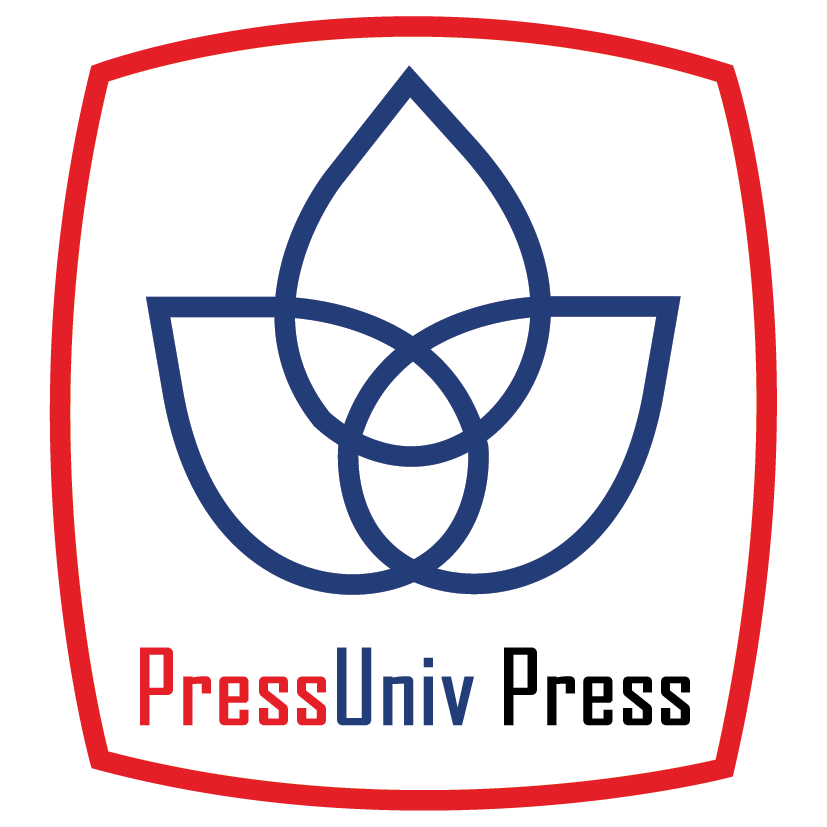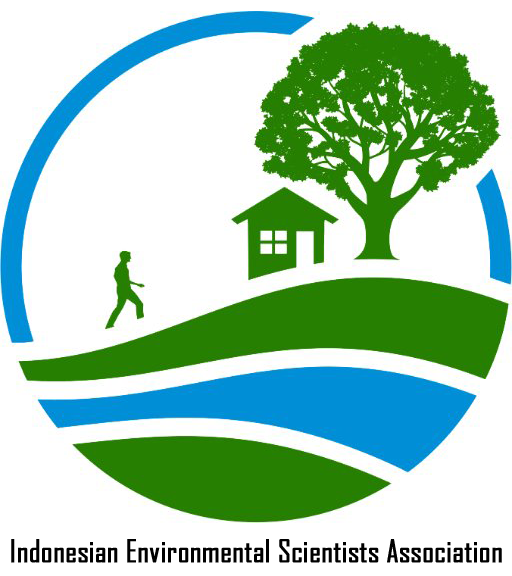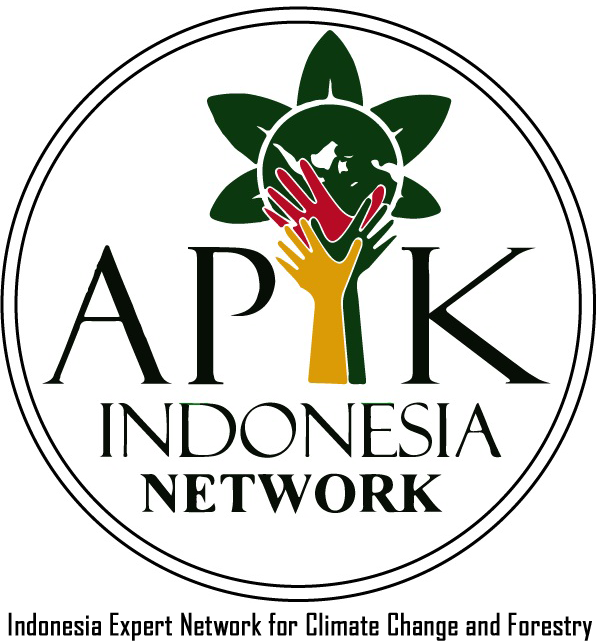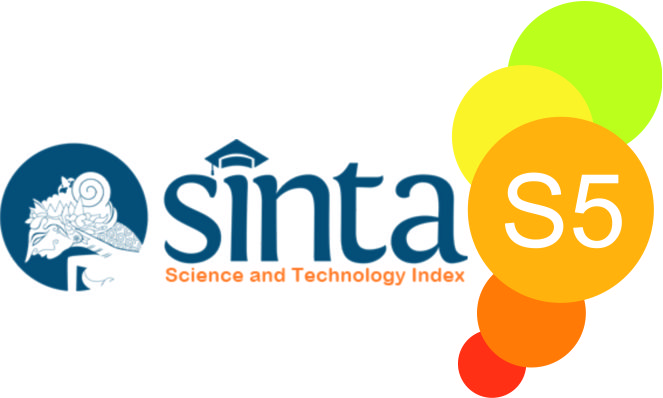The Study of Household Waste Generation to Support Jababeka Smart Township Initiative
Abstract
Abstract. The problem of household waste faced in industrial areas is becoming increasingly urgent, considering that industrial areas are areas that are growing very rapidly. Jababeka Smart Township initiative is one of the efforts to provide services to the community, to improve sustainable living. In waste management, it takes the amount of waste generated to be managed, so that the measurement of household waste generation is the first step needed. Objectives: The objectives of this research are to know the waste generation at Jababeka residential, to know the waste generation of Mekarmukti village, and to analyze the waste generation in Jababeka area. Method and results: The method of measuring household waste generation used follows SNI 19-3964-1994. The population used in this study were Mekarmukti villagers, both living in housing and outside housing. Purposive sampling method used in find the sample, method of data collection was observation, and descriptive statistics used for data analysis. The result found that the average waste generation from people at Jababeka residential is 0.33 kg/day/person, and out of residential is 0.37 kg/day/person. In Mekarmukti village, center of waste recycle could used to manage the household waste Based on this average waste the potential technology could implemented the solid waste management. Conclusion: The average waste generation in Jababeka residential is 0.33 kg/day/person and outside of residential is 0.37 kg/day/person, and this amount still less than the average waste produced per person per day in Indonesia.
Keywords
Full Text:
PDFReferences
Mulat S, Worku W and Minyihun A 2019 Willingness to pay for improved solid waste management and associated factors among households in Injibara town, Northwest Ethiopia BMC Res. Notes 12 1–6
SIPSN, 2021. https://sipsn.menlhk.go.id/sipsn/
Sinthumule, N. I., & Mkumbuzi, S. H. (2019). Participation in community-based solid waste management in Nkulumane Suburb, Bulawayo, Zimbabwe. Resources, 8(1). https://doi.org/10.3390/resources8010030
Global Waste Management Outlook. (2016). Global Waste Management Outlook. https://doi.org/10.18356/765baec0-en
Almasi, A., Mohammadi, M., Azizi, A., Berizi, Z., Shamsi, K., Shahbazi, A., & Mosavi, S. A. (2019). Assessing the knowledge, attitude and practice of the kermanshahi women towards reducing, recycling and reusing of municipal solid waste. Resources, Conservation and Recycling, 141, 329–338. https://doi.org/10.1016/j.resconrec.2018.10.017
Ismail, Y. (2019). Pengelolaan Sampah Berbasis Masyarakat. ACADEMICS IN ACTION Journal of Community Empowerment, 1(1), 50. https://doi.org/10.33021/aia.v1i1.742
Pai, S., Ai, N., & Zheng, J. (2019). Decentralized community composting feasibility analysis for residential food waste: A Chicago case study. Sustainable Cities and Society, 50. https://doi.org/10.1016/j.scs.2019.101683
Hettiarachchi, H., Meegoda, J. N., & Ryu, S. (2018). Organic waste buyback as a viable method to enhance sustainable municipal solid waste management in developing countries. International Journal of Environmental Research and Public Health, 15(11). https://doi.org/10.3390/ijerph15112483
DOI: http://dx.doi.org/10.33021/jenv.v7i2.3466
Copyright (c) 2022 Yunita Ismail Masjud, Felix Goenadhi, Ihsan Hadiansah

This work is licensed under a Creative Commons Attribution-ShareAlike 4.0 International License.
Journal of Environmental Engineering and Waste Management Published by PresUniv Press, in collaboration with IESA and APIK Indonesia Network




